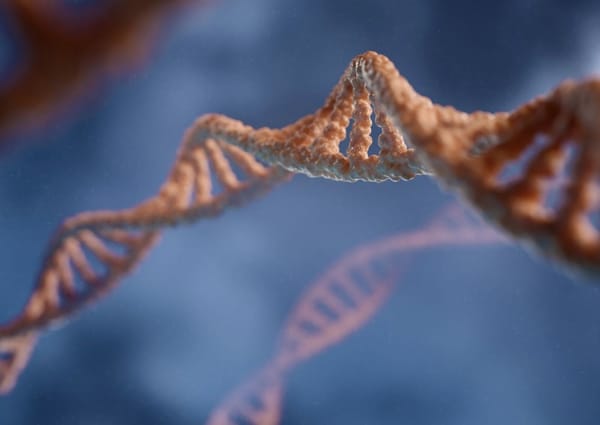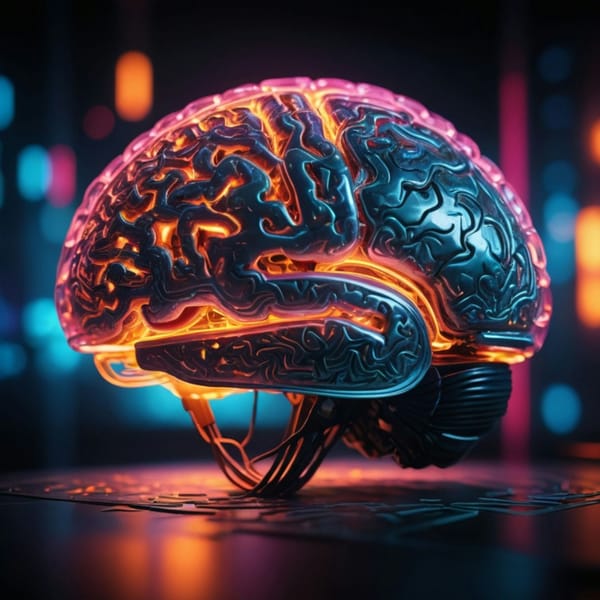Mental health is a complex and multifaceted aspect of our overall well-being. While traditional treatments like therapy and medication play crucial roles, a holistic approach to mental health considers the interconnectedness of mind, body, and environment. This comprehensive strategy can offer new avenues for healing and resilience. Let's explore what you need to know about taking a holistic approach to mental health.
Key takeaways:
• Holistic mental health care addresses physical, emotional, social, and spiritual aspects
• Lifestyle factors like diet, exercise, and sleep significantly impact mental well-being
• Complementary therapies can enhance traditional mental health treatments
• Stress management and mindfulness practices are essential components
• A personalized approach is key to finding the right combination of strategies
The mind-body connection
The intricate relationship between mental and physical health forms the foundation of holistic mental health care. Research increasingly shows that our mental state can profoundly affect our physical health, and vice versa. For instance, chronic stress can lead to inflammation and weakened immunity, while regular exercise can boost mood and cognitive function.

Nutrition for mental health
What we eat plays a significant role in our mental well-being. A diet rich in whole foods, omega-3 fatty acids, and essential nutrients can support brain health and mood regulation. Conversely, excessive sugar and processed foods may contribute to inflammation and mood disturbances. Some key nutrients for mental health include:
• B vitamins
• Omega-3 fatty acids
• Magnesium
• Zinc
• Probiotics
Integrating complementary therapies
While traditional psychotherapy and medication remain cornerstones of mental health treatment, complementary therapies can offer additional support. These approaches can help manage symptoms, reduce stress, and promote overall well-being.
Mindfulness and meditation
Mindfulness practices have gained significant attention for their mental health benefits. Regular meditation can reduce anxiety, improve focus, and enhance emotional regulation. Mindfulness-Based Stress Reduction (MBSR) and Mindfulness-Based Cognitive Therapy (MBCT) are structured programs that have shown promising results for various mental health conditions.
Movement and exercise
Physical activity is a powerful tool for mental health. Regular exercise can boost mood, reduce anxiety, and improve sleep quality. Activities like yoga combine physical movement with mindfulness, offering dual benefits for mental well-being.
The importance of sleep
Quality sleep is crucial for mental health, yet often overlooked. Poor sleep can exacerbate mental health issues, while good sleep hygiene can significantly improve mood and cognitive function. Holistic approaches to mental health emphasize the importance of establishing healthy sleep patterns through techniques like:
• Consistent sleep schedules
• Creating a relaxing bedtime routine
• Limiting screen time before bed
• Optimizing the sleep environment
Social connections and support
Human connection plays a vital role in mental health. Strong social support networks can provide emotional resilience and help buffer against stress. Holistic mental health care encourages nurturing relationships and engaging in community activities to foster a sense of belonging and purpose.
Environmental factors
Our surroundings can significantly impact our mental state. A holistic approach considers environmental influences such as:
• Exposure to nature
• Air and water quality
• Noise pollution
• Lighting
Creating a supportive environment at home and work can contribute to better mental health outcomes.
Personalized approach
Perhaps the most crucial aspect of holistic mental health care is its personalized nature. What works for one person may not work for another. It's essential to work with healthcare providers to develop a tailored plan that addresses individual needs, preferences, and circumstances.
In conclusion, a holistic approach to mental health offers a comprehensive framework for addressing the complex factors that influence our psychological well-being. By considering the interconnectedness of mind, body, and environment, individuals can develop a more robust and personalized strategy for maintaining mental health. While this approach can be highly effective, it's important to remember that it should complement, not replace, professional mental health care when needed.
If you're interested in exploring a more holistic approach to your mental health, consider discussing these strategies with a qualified healthcare provider. They can help you integrate holistic practices safely and effectively into your overall mental health care plan.
References:
- Ohrnberger J, et al. The relationship between physical and mental health: A mediation analysis. Soc Sci Med. 2017;195:42-49.
- Mikkelsen K, et al. Exercise and mental health. Maturitas. 2017;106:48-56.
- Adan RAH, et al. Nutritional psychiatry: Towards improving mental health by what you eat. Eur Neuropsychopharmacol. 2019;29(12):1321-1332.
- Goldberg SB, et al. Mindfulness-based interventions for psychiatric disorders: A systematic review and meta-analysis. Clin Psychol Rev. 2018;59:52-60.
- Sharma A, et al. Exercise for mental health. Prim Care Companion J Clin Psychiatry. 2006;8(2):106.
- Krystal AD. Psychiatric disorders and sleep. Neurol Clin. 2012;30(4):1389-1413.
- Ozbay F, et al. Social support and resilience to stress: from neurobiology to clinical practice. Psychiatry (Edgmont). 2007;4(5):35-40.















Member discussion